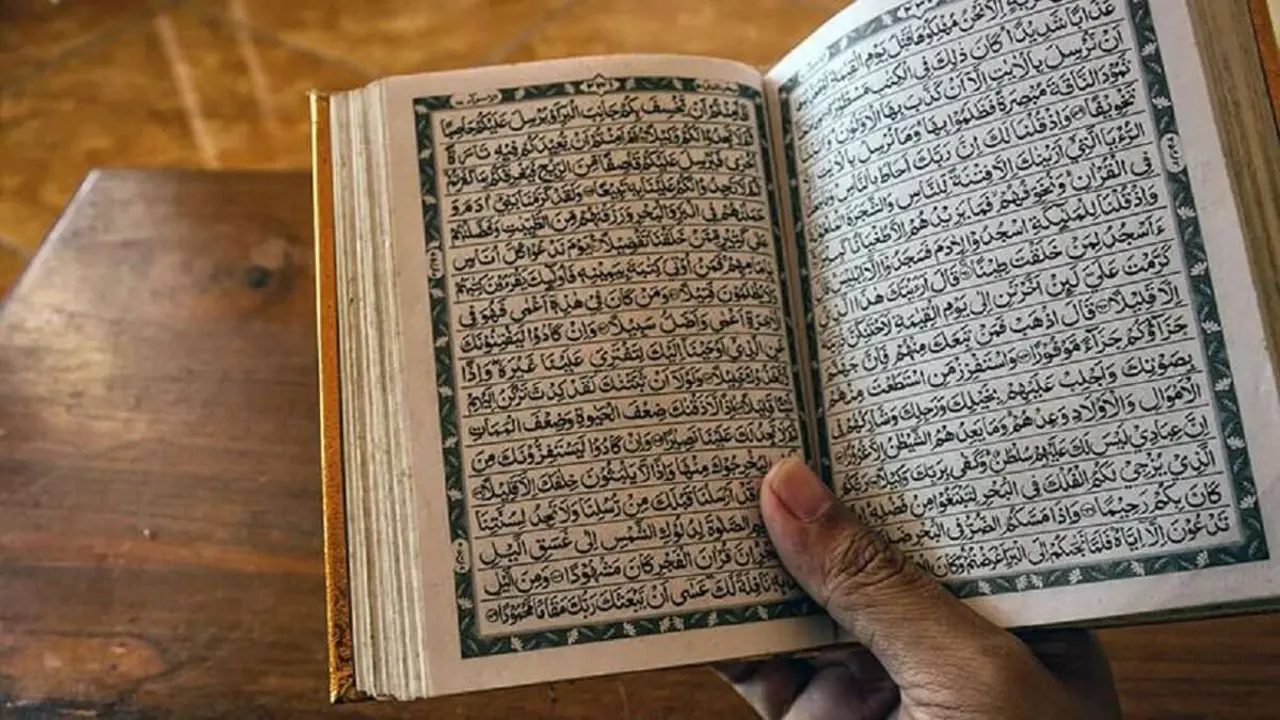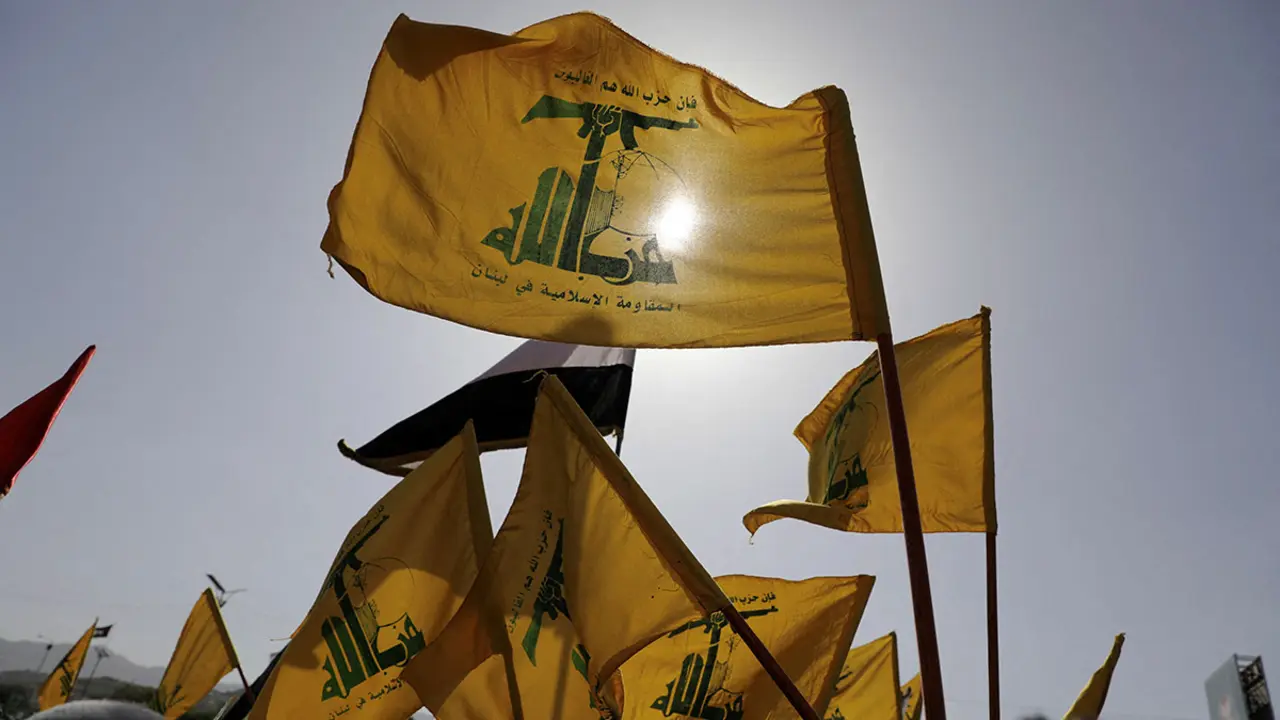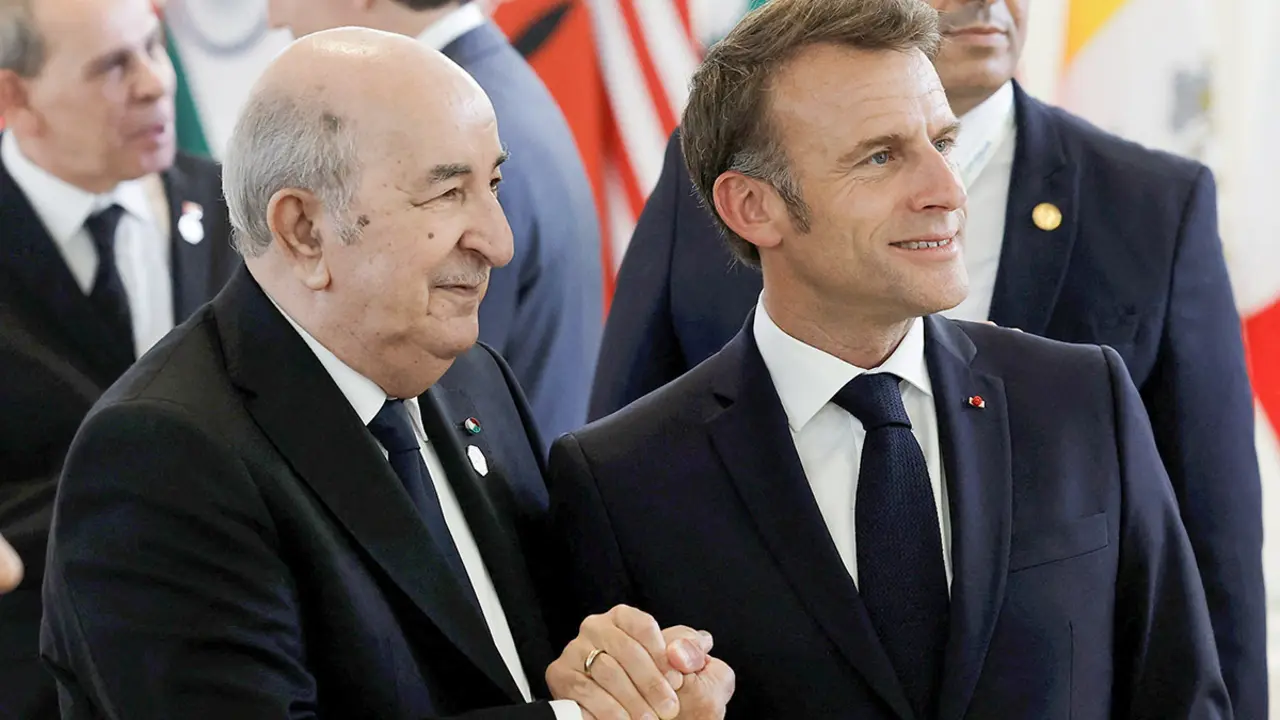Greece suspects that Turkey intends to bring migrants to its shores illegally

Tensions between Greece and Turkey continue to grow. This time, the situation has worsened in the context of the migration crisis that the two countries are going through. According to Greek navy sources quoted by the daily Kathimerini, up to six ships flying the Turkish flag have been sighted in the Aegean Sea in recent days, all suspected of taking migrants on board to smuggle them into the Greek islands.
The Greek newspaper estimates that the number of migrants - mostly refugees - on board the cargo ships would number in the hundreds, an activity that could be considered human trafficking. For the time being the Greek navy's ships have followed the Turkish ships and forced them to withdraw into their own waters.
They are standing by, monitoring all the movements of the Turkish ships, but are prepared to act when they are ordered to intercept their trajectory as they approach the coast lines.
On 16 March, in fact, a Turkish ship with 193 migrants on board left the port of Çanakkale, in the western tip of the country of Anatolia, for the Italian coast. However, it ran aground on some rocks on the Greek island of Kea and the Greek coastal patrols had no choice but to move them ashore.

The Greek authorities fear that more incidents of the same kind will be repeated these days if Turkey continues to send boats loaded with migrants to its shores. Since Recep Tayyip Erdogan's government reopened its borders to allow the passage of refugees from Syria to European Union soil, Ankara and Athens have already experienced several episodes of maximum tension.
The Turkish government's decision was interpreted as an attempt to put pressure on Brussels to consider greater involvement in the war in Syria. However, neither the EU authorities nor those of the bordering countries followed this course. The closure of borders by European territories left thousands of refugees stranded at the border, in no man's land and unable to return to Turkey. Finally, the European Commission and Erdogan's government negotiated a new migration agreement between the two parties that updated the one signed in 2016.
This strategy has led Turkey to be one of the countries that has taken in more refugees fleeing from wars such as those in Syria or Afghanistan. In total, it is estimated that between three and a half and four million displaced persons live in the country, many of them in camps that do not meet decent sanitary and hygienic conditions. Over the last few years, Erdogan had repeatedly threatened to open his western border, which would have meant a migratory avalanche that would have been very difficult to manage for his neighbouring countries, which were already affected by this reality, especially Greece.

Although relations between Athens and Ankara have never been particularly smooth, the last few months have contributed significantly to making them even more so. Turkey's expansionist foreign policy throughout the eastern Mediterranean area has been seen by the Kyriakos Mitsotakis government as a threat to its sovereignty.
In particular, the dispute over the waters is the most burning conflict. At the end of 2019, Erdogan signed a pact with Fayez Sarraj's Government of National Agreement (GNA) in Tripoli that ensured Turkish extractive companies preferential access to natural gas resources off the Libyan coast. The document implied, de facto, the creation of a kind of maritime corridor connecting the coasts of the two countries.

This agreement, however, was not welcomed by Greece, Cyprus and Egypt, who considered it to be contrary to the existing provisions of international law of the sea and therefore unenforceable. The dispute has reached such a level that the Greek government has held talks with the rebel marshal Khalifa Haftar, the rival of Sarraj's NAG in the war in the North African country.
NATO's position on this situation is particularly difficult, since both states are part of the Atlantic Alliance. For the time being, Greece has clearly positioned itself alongside the United States, with whom it has recently signed new agreements to receive units to modernise its air force. Turkey, on the other hand, has been playing a double game between Washington and Moscow, so that its line of action has been considerably less defined.








